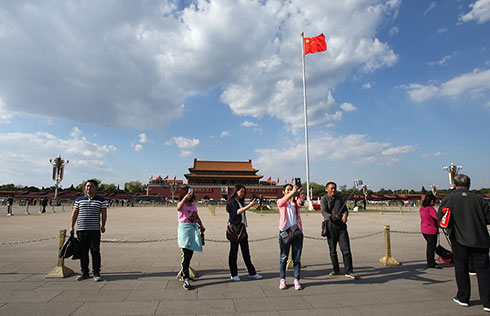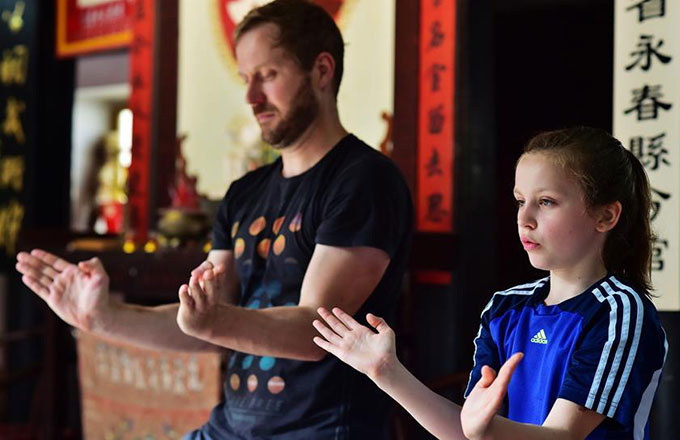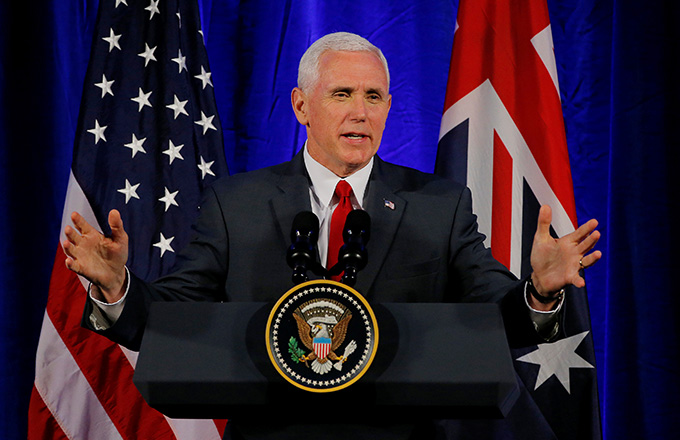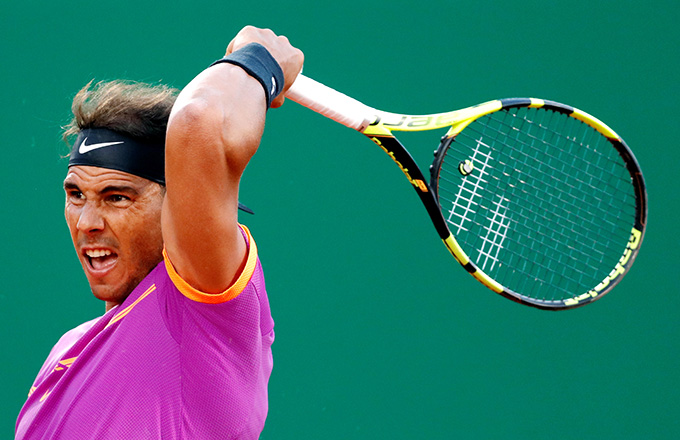

NEW DELHI - The India media have been heavily covering the visit by Chinese Premier Li Keqiang to the country, with all major English dailies having frontline news about Li's activities in Delhi Sunday and Monday.
The newspapers mainly focused on the talks between Li and his Indian counterpart Manmohan Singh on Monday and highlighted that the two leaders have agreed to work on the maintenance of peace and tranquillity of the border area between the two countries.
The local daily The Hindustan Times said in its front line story entitled "India, China to fast-track border talks" that the two governments have agreed to "push forward talks for an early settlement of border dispute".
In its frontline story, the daily The Hindu said India and China "expressed a strong desire to resolve pending issues and take the relationship forward in new spheres such as civil nuclear energy, during two rounds of discussions between Prime Minister Manmohan Singh and visiting Chinese Premier Li Keqiang".
The Indo-Asian News Service said that India and China scripted a new chapter in their ties Monday as Premier Li Keqiang and Prime Minister Manmohan Singh candidly discussed their recent border row and decided to take steps for an early resolution of the dispute that triggered a war in 1962.
The Indian newspapers also paid attention to the personal style of the Chinese premier, saying that he has left a deep impression to Indians during his maidan visit abroad since becoming head of the Chinese government.
The local daily Indian Express reported on a front page story that the Chinese premier "freely quoted" German philosopher and sociologist Max Weber, German classic philosopher Hegel and Apple founder Steve Job during his talks with Indian leaders.
The daily Hindustan Times said Li is "media friendly". The premier also recalled his visit to India 27 years ago and to Taj Mahal and Indian universities during his dinner with Singh on Sunday, said the daily.
Media reports added that Li talked about his favorite Indian movie, "The Three Idiots", which was very popular in China.













